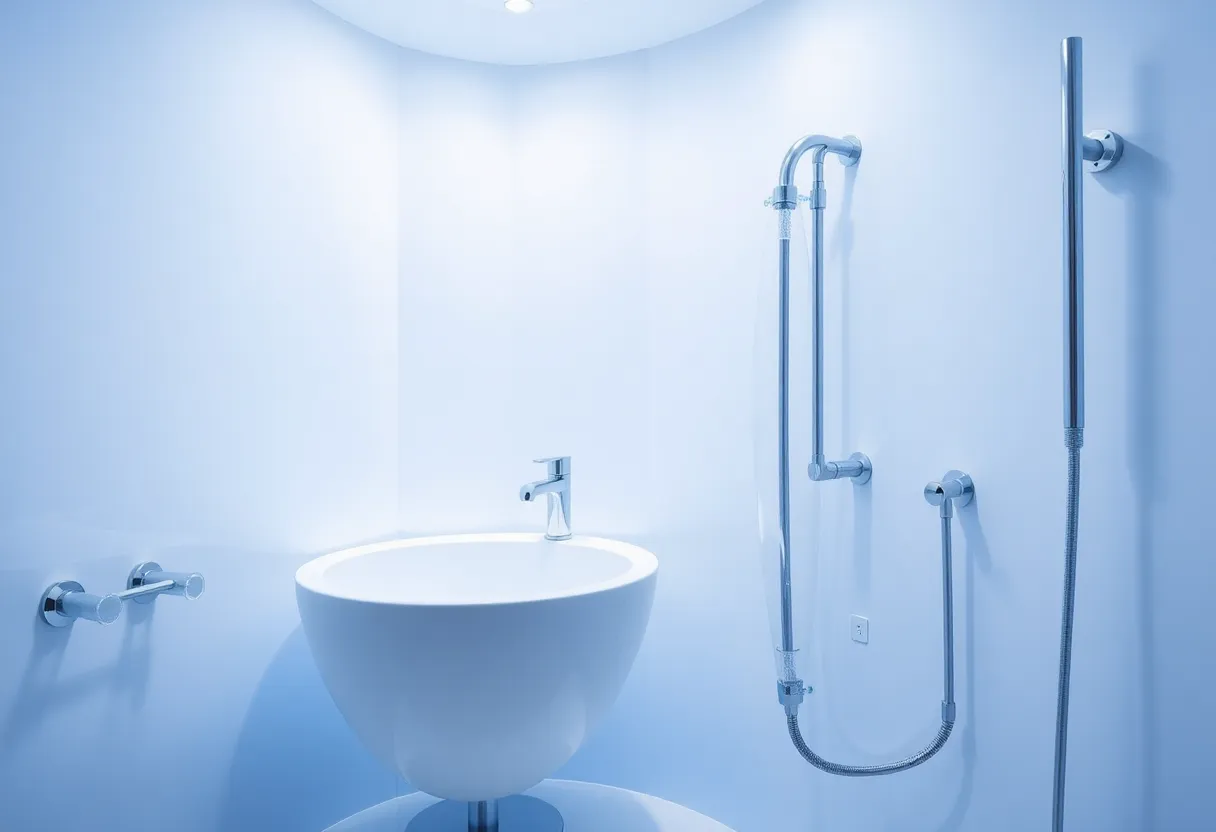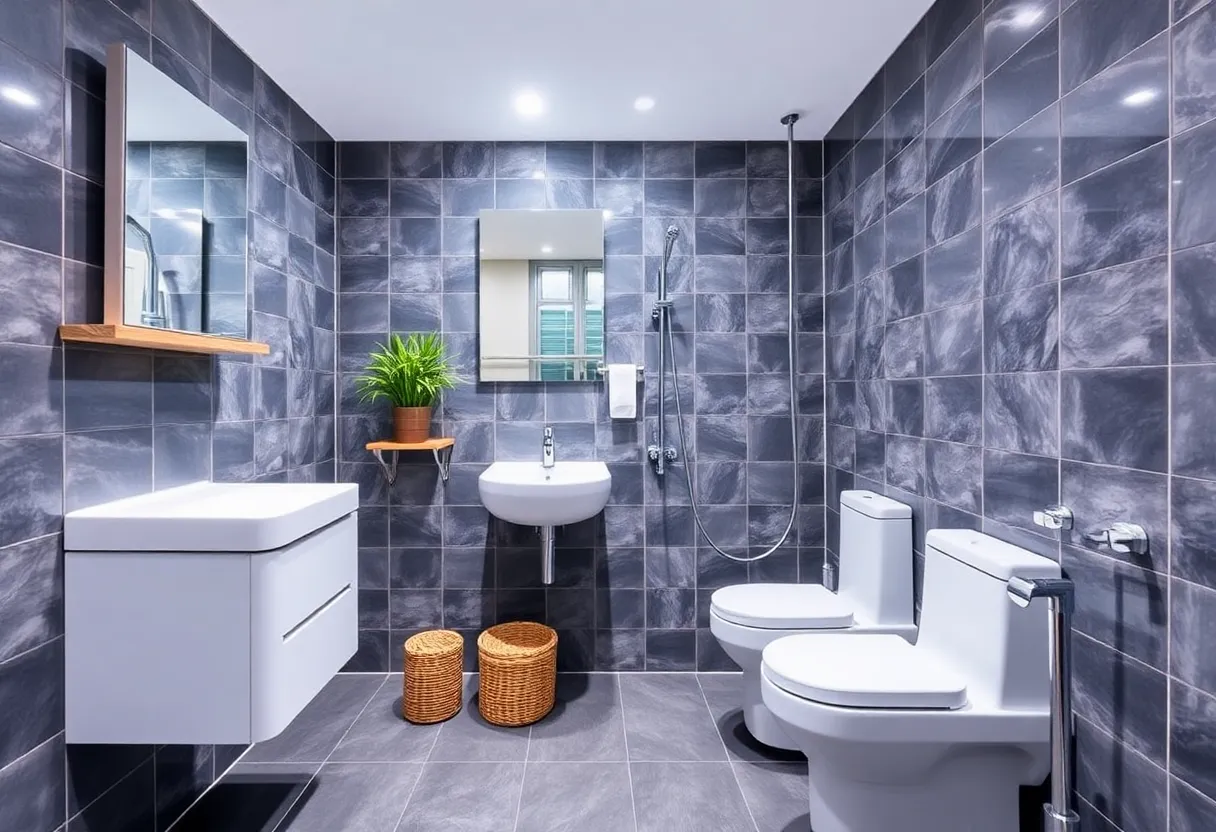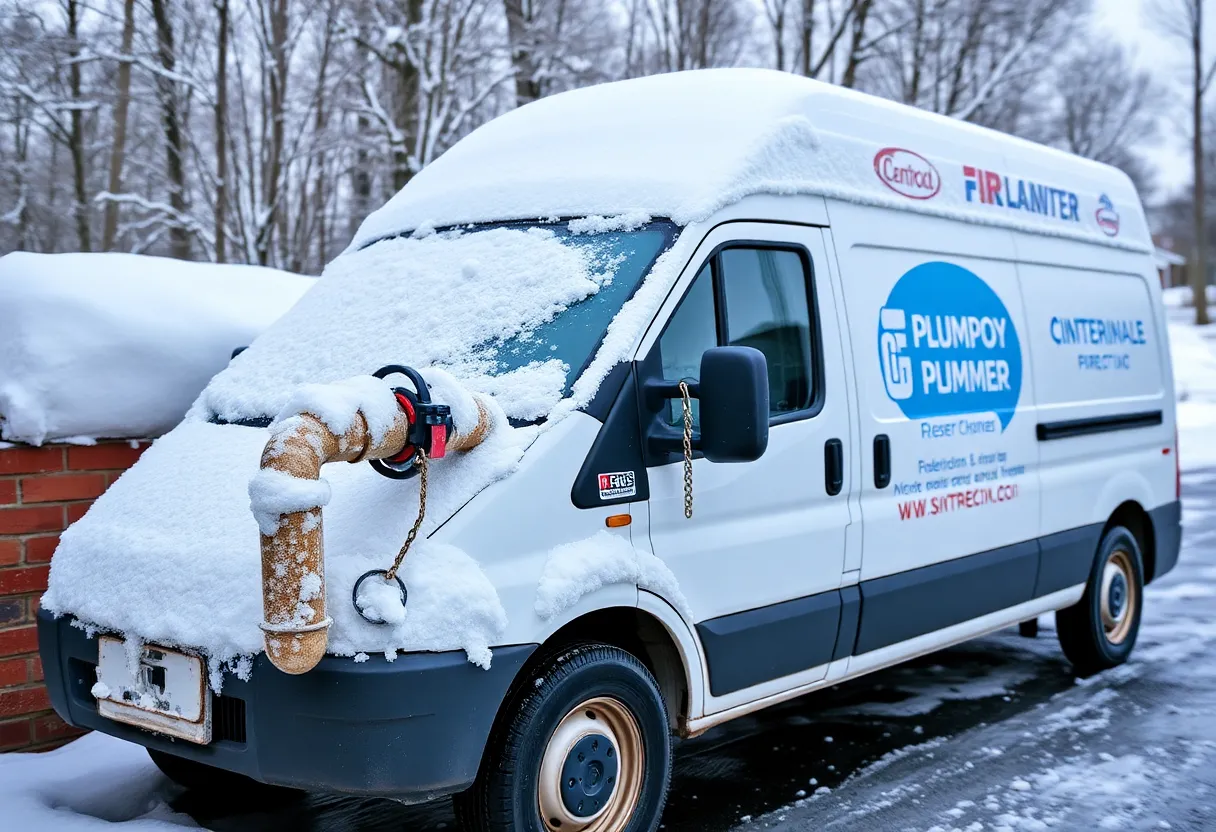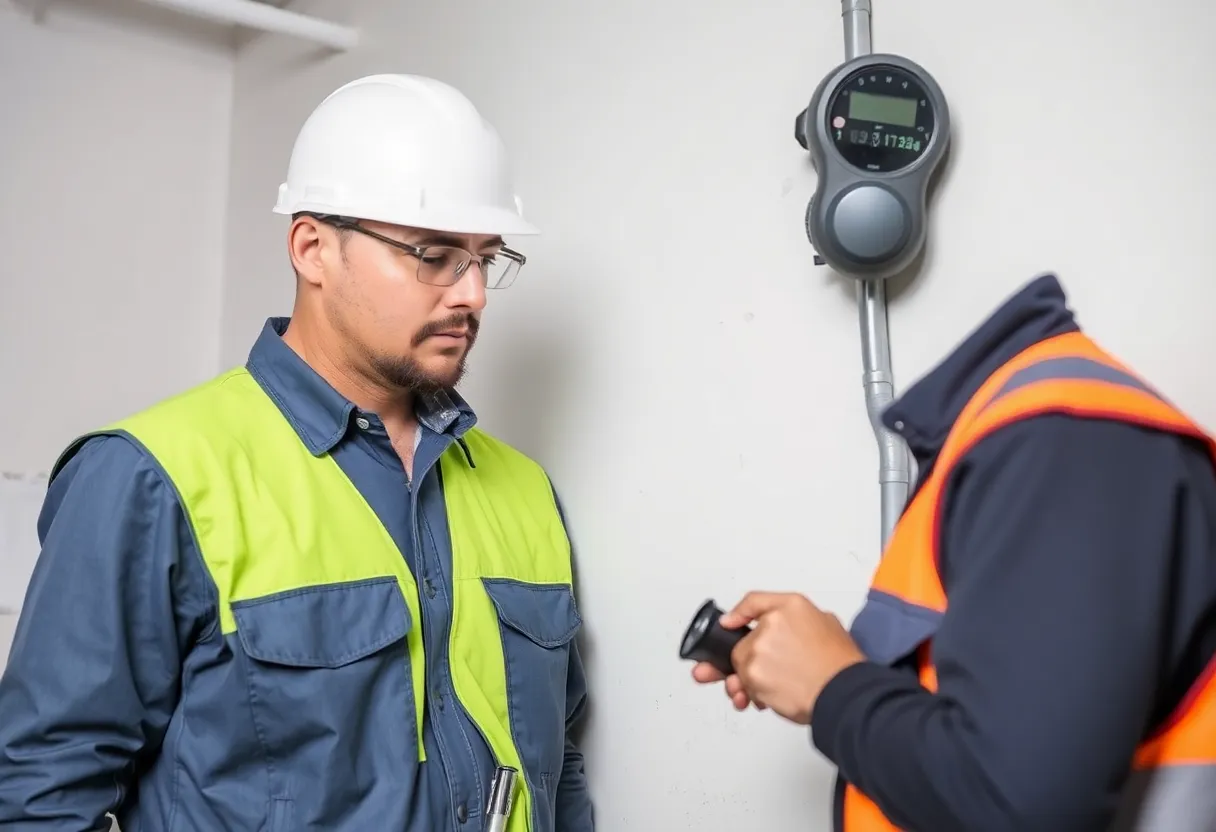The Plumbing Forecast: 10 Innovative Solutions That Will Revolutionize Your Home’s Water Systems in 2025
As we step closer to 2025, the plumbing industry is on the verge of a significant transformation. With the rapid advancement of technology, sustainable practices, and a greater emphasis on efficiency, the future of home water systems promises to be innovative and exciting. This article explores ten groundbreaking solutions that will redefine how we manage water in our homes, making it more efficient, eco-friendly, and user-friendly.
1. Smart Water Management Systems
As homes become smarter, integrating smart water management systems will be a game-changer. These systems will utilize sensors and artificial intelligence to monitor water usage in real-time, allowing homeowners to detect leaks, track consumption patterns, and receive alerts for any anomalies. With cloud connectivity, users can access their water data remotely, enabling better management and minimizing waste.
Advantages of Smart Water Management Systems
- Leak detection: Early identification of leaks can save homeowners significant amounts of money on water bills.
- Usage tracking: Insights into water usage can help families understand their consumption habits and make adjustments.
- Remote control: Users can adjust their water systems from anywhere, ensuring optimal management.
2. Water-Filtration Faucet Systems
The demand for clean and safe drinking water is ever-present. In 2025, homeowners will have access to water-filtration faucet systems that incorporate advanced filtration technologies directly within the faucet. These systems will eliminate contaminants and impurities, making water consumption safer and more palatable.
Benefits of Water-Filtration Faucet Systems
- Cost-effective: Homeowners can eliminate the need for bottled water.
- Health benefits: Improved water quality can lead to better health outcomes.
- Convenience: Easily accessible filtration right from the kitchen faucet.
3. Greywater Recycling Systems
With water scarcity becoming an increasingly pressing issue, the adoption of greywater recycling systems will gain traction. These systems allow homeowners to recycle and reuse water from sinks, showers, and washing machines for applications like irrigation, thereby conserving freshwater resources.
Implementation of Greywater Recycling Systems
- Cost efficiency: Reduced water bills through decreased reliance on municipal water supply.
- Sustainable practice: Promoting environmental conservation by recycling water.
- Diverse applications: Recycled greywater can support gardens, lawns, and flushing toilets.
4. Tankless Water Heaters
The traditional tank water heaters are on their way to becoming obsolete. In 2025, tankless water heaters will take center stage, providing hot water on demand without the need for a bulky storage tank. This innovation leads to greater efficiency and space-saving designs.
Tankless Water Heater Advantages
- Energy savings: Only heats water as needed, resulting in lower utility bills.
- Longevity: Typically lasts longer than traditional tank systems.
- Space efficient: Smaller size allows for flexible installation options.
5. Automated Irrigation Systems
Homeowners in 2025 will increasingly rely on automated irrigation systems that utilize weather predictions and soil moisture sensors to optimize watering schedules for gardens and lawns. This technology ensures efficient water usage while maintaining lush and healthy landscapes.
Features of Automated Irrigation Systems
- Smart scheduling: Watering times adjust automatically based on weather forecasts.
- Soil moisture sensors: Prevent overwatering by monitoring soil hydration levels.
- Remote control: Manage settings via smartphone apps from anywhere.
6. Water-efficient Fixtures and Appliances
The push for sustainability will also extend to plumbing fixtures and appliances. By 2025, water-efficient fixtures, such as low-flow toilets, faucets, and showerheads, will become standard in modern homes. These innovations will drastically reduce water consumption without compromising comfort.
Impact of Water-efficient Fixtures
- Environmental benefits: Less water waste contributes to the responsible use of resources.
- Cost savings: Lower water bills as a result of decreased consumption.
- Increased property value: Homes with modern, efficient fixtures attract environmentally-conscious buyers.
7. Advanced Leak Detection Technology
Leaks can lead to significant damage and costly repairs. By 2025, advanced leak detection technology utilizing acoustic sensors and AI will revolutionize the way homeowners identify leaks. These systems can pinpoint the exact location of leaks, allowing for quicker repairs and minimizing water loss.
Benefits of Advanced Leak Detection Technology
- Early detection: Identify issues before they escalate, saving costly repairs.
- Data analytics: Provide insights on water usage and potential leaks for ongoing monitoring.
- Peace of mind: Homeowners can rest easy knowing their plumbing system is closely monitored.
8. Solar Water Heating Systems
As renewable energy becomes more prevalent, solar water heating systems will gain traction by 2025. Using solar panels to heat water not only reduces reliance on traditional energy sources but also greatly lowers energy bills, making it an attractive option for eco-conscious homeowners.
Advantages of Solar Water Heating Systems
- Energy independence: Reduce dependence on fossil fuels.
- Long-term savings: Decreased utility bills lead to significant cost advantages over time.
- Environmental impact: Lower carbon footprint contributes to sustainability efforts.
9. DIY Plumbing Repair Apps
The advent of DIY plumbing repair apps will empower homeowners with knowledge and resources to tackle minor plumbing issues. By leveraging augmented reality and video tutorials, users can easily troubleshoot problems and perform basic repairs themselves.
Features of DIY Plumbing Repair Apps
- User-friendly interfaces: Simple navigation for quick access to repair guides.
- Augmented reality: Interactive assistance helps visualize repairs and improvements.
- Community support: Forums for users to share experiences and advice.
10. Water Quality Monitoring Sensors
In an ever-increasing awareness of health and safety, water quality monitoring sensors in 2025 will give homeowners real-time information about their water quality, measuring key parameters such as pH, contaminant levels, and mineral content. This technology promotes health-conscious decisions about water use.
Benefits of Water Quality Monitoring Sensors
- Real-time monitoring: Continuous tracking of water quality provides peace of mind.
- Health insights: Immediate alerts if water quality falls below safe levels.
- Data tracking: Historical data enables users to track changes over time.
Conclusion
As we look towards 2025, the revolution in plumbing technology signifies a shift towards sustainability, efficiency, and user empowerment. These innovative solutions will transform how homeowners interact with their water systems, making management easier and allowing for significant savings. Embracing these advancements not only enhances our living environments but also plays a vital role in protecting our planet’s precious water resources.
FAQs
1. What are Smart Water Management Systems?
Smart water management systems utilize sensors and artificial intelligence to monitor water usage in real-time, allowing homeowners to detect leaks, track consumption patterns, and receive alerts for any anomalies.
2. How do Greywater Recycling Systems work?
Greywater recycling systems allow homeowners to recycle and reuse water from sinks, showers, and washing machines for applications like irrigation, thereby conserving freshwater resources.
3. What advantages do Tankless Water Heaters offer?
Tankless water heaters provide hot water on demand, are more energy-efficient, last longer than traditional tank systems, and are space-efficient.
4. What are the benefits of Water-efficient Fixtures?
Water-efficient fixtures lead to environmental benefits by reducing water waste, cost savings through lower water bills, and increased property value by attracting environmentally-conscious buyers.
5. How do Advanced Leak Detection Technologies function?
Advanced leak detection technology utilizes acoustic sensors and AI to pinpoint the exact location of leaks, allowing for quicker repairs and minimizing water loss.









